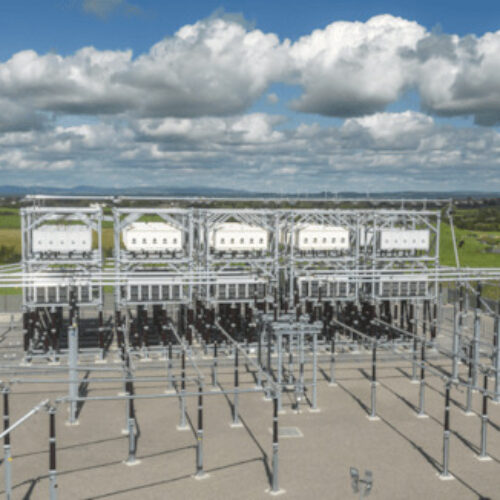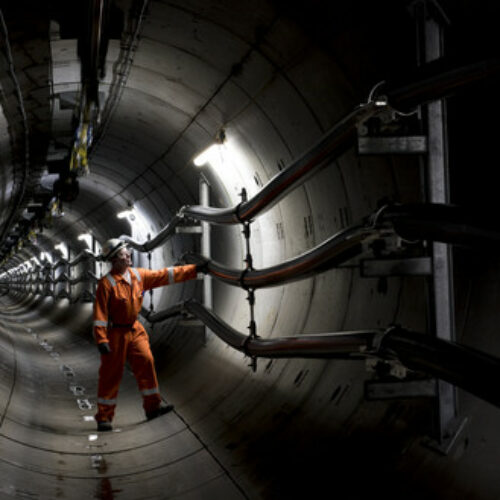In a recent interview with Utility Week Cordi O’Hara, director of system operation at National Grid, said: “[The narrative around DSR] needs to change from one of energy crisis to one of energy opportunity – a new system with new sources of flexibility. We must change that narrative or we won’t realise the full potential.”
It echoed a report on the capacity market published earlier this year by IPPR, which said: “…there may be some political aversion to relying too heavily on demand response due to a spurious association with the ‘three-day week’ of 1974. […] until that difference is widely understood, there will remain a danger that demand management will not achieve its full potential.”
Do you see a pattern?
Demand side response is one of the most promising tools for balancing supply and demand on the electricity grid. Essentially, the premise is that to match supply and demand, you get power users to reduce their consumption, rather than simply ramp up generation to increase supply. There are many different schemes – though National Grid recently cancelled one of them for this winter – and it can get quite complex, but that’s the nub of it.
DSR offers myriad benefits – it means fewer big power stations sitting idle waiting to meet surges in demand. It means commercial benefits for businesses and consumers (through energy saved and financial incentives). And it’s (often, not always) pretty green – the cleanest kilowatt is the one you don’t produce.
Fantastic. Where do I join the queue?
Well, there isn’t a queue. At least not as much of one as you’d expect. Progress has been relatively slow, and we lag behind the US. Is it because the technology isn’t there yet? No – there are scores of successful applications and it’s already a competitive market. Is it a policy issue? Perhaps partially, but DSR providers are working through a number of National Grid schemes already so they’re certainly not barred entry by policymakers.
What then?
The comments from O’Hara and IPPR both point to a common problem – one that resonates particularly for communications professionals in the sector. The story is all wrong.
O’Hara worries that DSR is too deeply associated with crisis – balancing the grid when we’re in danger of running out of juice. IPPR’s concern, that DSR is still haunted by the obdurate spectre of the three-day working week, taps into a similar vein.
Being associated with crises isn’t all bad. Superman was pretty popular despite only showing up when things were decidedly pear-shaped. But it means that the wealth of everyday positive opportunities offered by DSR aren’t part of the conversation and, therefore, investment decisions.
So how can DSR tell a better story? It’s a big, difficult question, but here are some thoughts:
Reframe the debate
Stop talking about a magic gigawatt figure that denotes ‘safe’ and how we can get there. Don’t prattle about capacity ‘gaps’ – they’re something to fall down.
Talk about something else instead. For example, a household budget. To balance the books you either need to increase income (a second job, overtime, a payday loan) or decrease expenditure (switch supermarket, a more efficient car, consolidate your credit card debt). It’s immediately clear that, though it’s great to increase your income, the quickest and most efficient method is to find ways to spend less. And people will intuit that this isn’t just an emergency measure, but everyday best-practice too.
Think about your content…
Are you communicating clearly? Is your language couched in crisis terminology? Are you putting content out there – written, visual or audio – that helps you reframe the debate?
An example: picture a set of kitchen scales. If one side is weighed down, either remove some weight from the ingredient side, or add it to the other. It’s immediately understandable (and highly shareable) visual content, and the most catastrophic implied crisis is one of incorrect cake mix ratios.
..and your media…
Admittedly, crisis stories sell papers, and journalists are going to want to talk to you more when something goes wrong. That’s fine – your crisis services are still invaluable. But what other stories can you plug into? Have you done something impressive enough to create one?
The best strategy and media relations people will make sure you’re not missing out in the papers and trade magazines, and help you tell your own story via social and owned media too. Match the message and the content with the media route that will best reach your audience.
…and don’t forget search
This may seem less big picture but when do your services crop up on Google? When people search for demand management? For commercial energy keywords? Good. But what about sustainable energy? Cleantech? Emissions reductions? Is DSR appearing at the top table of these conversations? Maybe it should be.
None of this is to say that ever-improving technology and a benign policy environment aren’t vital for the DSR industry – the IPPR report, for example, makes some interesting suggestions on how the capacity market can be more supportive. But that’s not the whole picture. DSR needs to invest in better stories, not just better systems.




